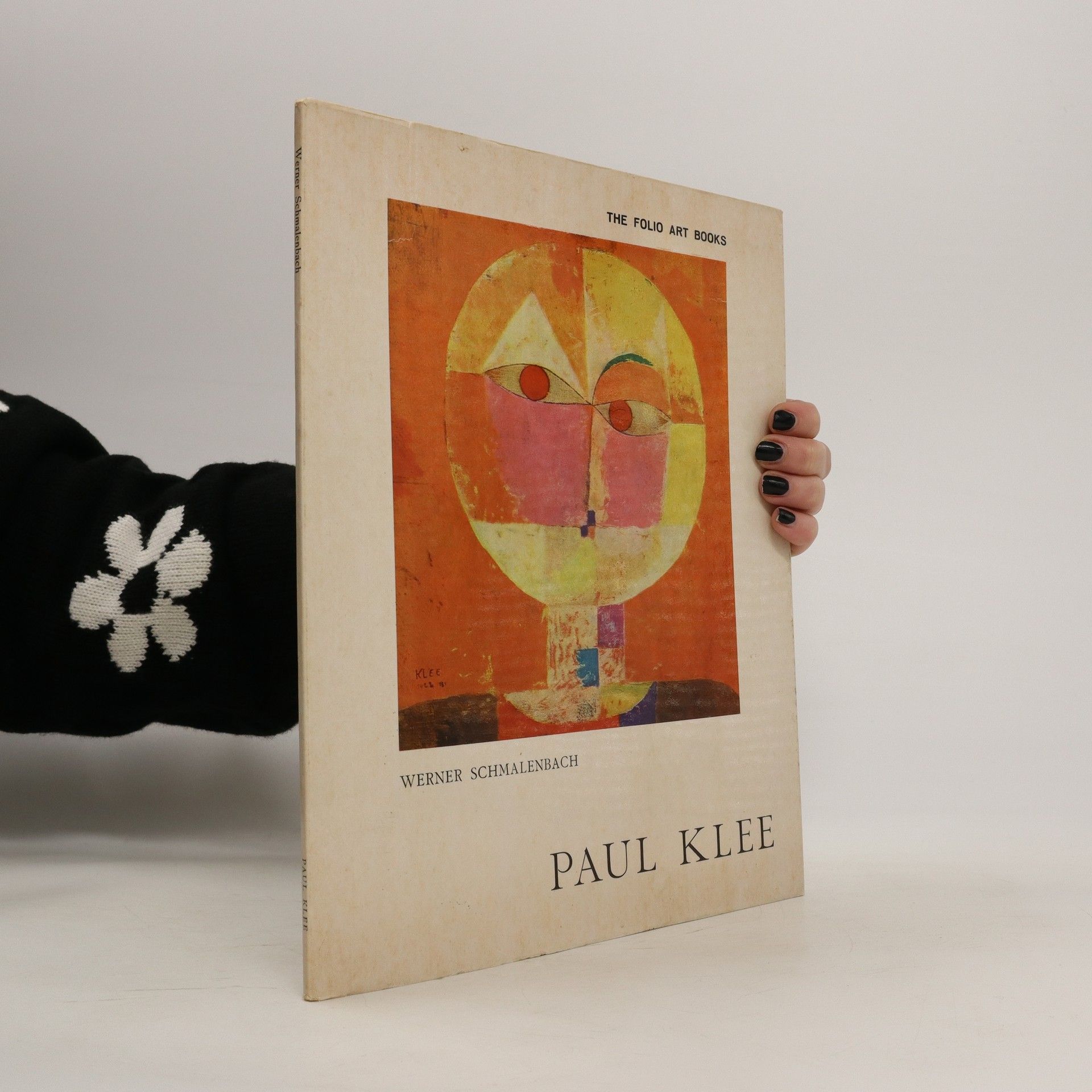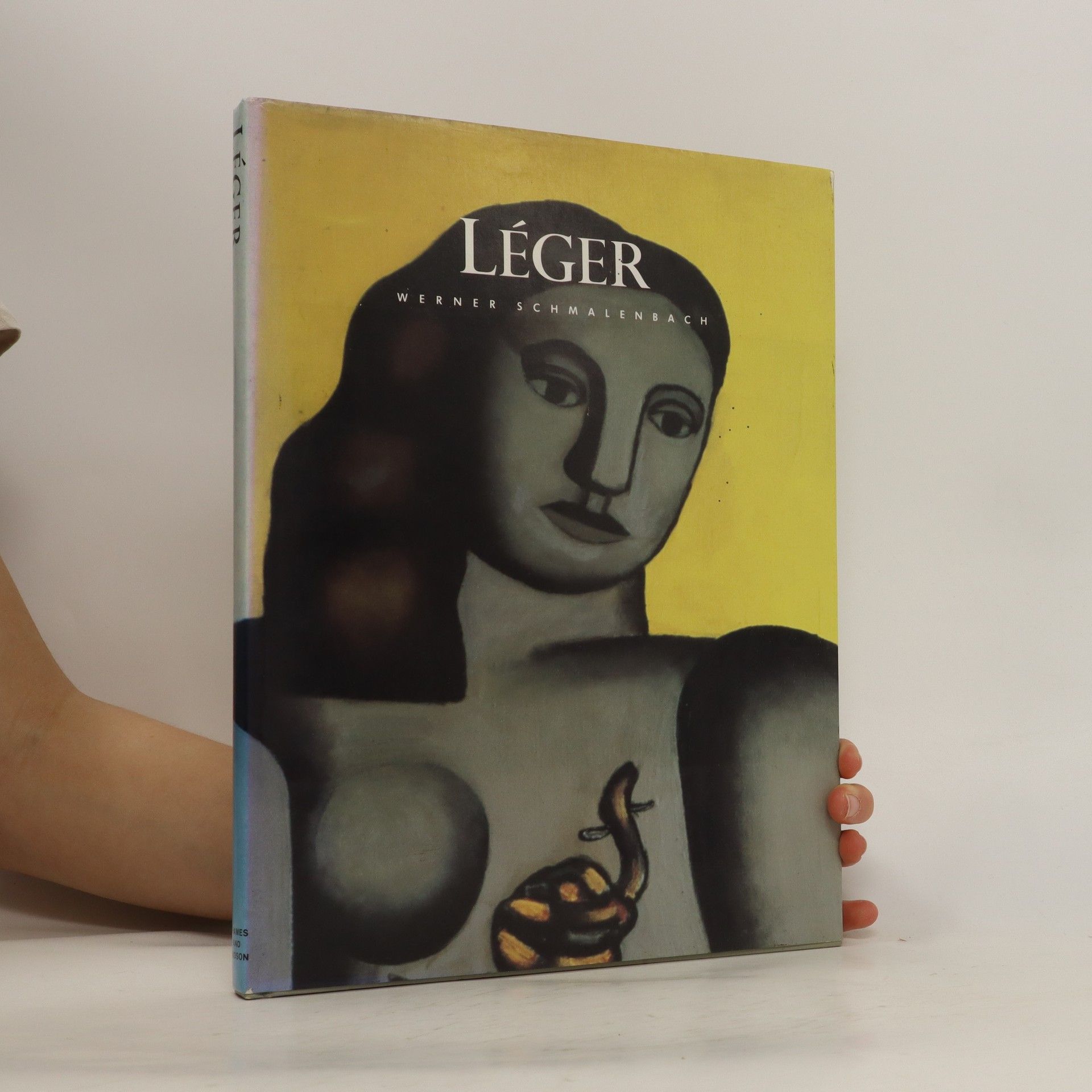Leger (Large Print)
- 173pages
- 7 heures de lecture






Schmalenbach, a prominent German art historian and museum curator, has written books on a number of major 20th-century painters. His studies of Chagall, Lager, and Klee are scholarly and authoritative. So, too, is this new work on Modigliani, an important but not fully understood modern artist. Schmalenbach's strongest purpose is to disentangle Modigliani from his reputation as hedonist. As one of the young bohemians, Modigliani did not receive acclaim for his art until well after his death in 1920. The author organizes his text and intellectual points very precisely, providing a chronological tour of the artist's development. Aided by excellent plates, he offers a tight, thoughtful examination that will surely provoke scholarly reaction and deduction from students and art historians. This work is a fine complement to the fact-gathering in Alfred Werner's Modigliani (Abrams, 1986). Recommended for specialized art collections in academic and museum libraries.
Fernand Léger (1881-1955) was pre-eminently a painter of modern life. Machines, cities, billboards, mathematical forms, urban man - these were the subjects and inspiration of his art. Active service in World War One and exhibitions of machinery made him familiar with the guns and tools of the new age. Cubism and Cézanne taught Léger to create from geometrical figures works that combined order and energy, colour and firmly modelled form, modernity and tradition. The resulting paintings are daring, eclectic, yet accessible and humane. Léger remained true to Cubist aesthetics all his life, but the son of Norman peasants was not to be confined by a rigid intellectual dogma. He experiemnted and developed his style, blending Futurist and pastoral motifs, separating colour from shape, moving between abstraction and more direct representation. Always he sought to paint for the common people; celebrating steeplejacks, cyclists and circus artistes. His mature work combined twentieth-century dynamism with the serene elegance of French classicism in a striking and influential synthesis." - book jacket.
Rousseau's series of jungle painitngs are widely seen as the pinnacle of his achievement. The artist's work was and still continues to be the subject of controversy. This book answers many of the questions surrounding Rousseau's importance as an artist, reproducing in high-quality color his jungle paintings and examining them in a wider art-historical context.
Works in the Kunstsammlung Nordrhein - Westfälen, Dusseldorf.